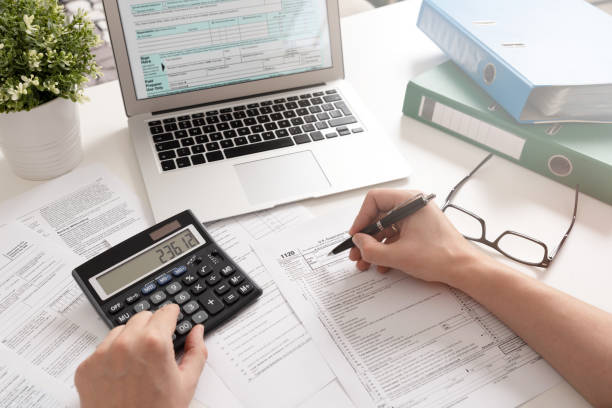Taxes Preparedness 101
This article list of deadlines and tips will help you prepare your tax returns and payments to Canada Revenue Agency (CRA).
Key Tax Deadlines
Each tax activity and payment have their own deadlines, and knowing which ones apply to you and your family members’ unique employment and income situation is vital to plan for the best outcome, especially if the best outcome is reducing, avoiding, or delaying taxation.
- January 1st – This is the first day of every tax year. Your tax liability for the year begins to accrue from this date.
- Fourth Saturday in January – CRA’s e-file service closes for scheduled maintenance preventing the filing of your initial and amended T1 personal return on this day.
- First Tuesday after February 15th – CRA’s e-filing opens for Canadian tax residents.
- Last day of February – Deadline for the issuance of T4s, T4As and T5s to employers and CRA. T4s and T4As are employment or commissions income slips from your employment while T5s are investment income slips. The information in these slips are used to prepare your T1 personal income tax return.
- February 29th or March 1st – Deadline for RRSP tax contributions. Ordinarily, the Registered Retirement Savings Plan is tax-deferred except when withdrawals are made. Therefore, the tax on your withdrawals for the 2023 tax year must be paid on the first of March.
- March 15th, June 15th, September 15th, December 15th – Deadline dates for tax instalment payments. Tax instalments are paid by people who do not have enough tax withheld, are self-employed, have rental or investment income, who have certain pension payments or have income from more than one job.
- April 30th (Unless April 30th is on a weekend, then next business day) – Tax return due date to file personal tax returns and make payments for tax owing. If a tax return is not filed, the payment is still due; if not, interest and penalties accrue from this date.
- June 15th – Filing due date for tax returns for self-employed in Canada. In cases where a balance is owing, the payment due date is April 30th.
- December 31st – This is the last day of the tax year.
Minding these deadlines will guard against additional scrutiny, penalties, and interest from CRA.
Income Tax Best Practices
As part of preparing to pay your taxes, here are some tips you can apply to ensure you are not overwhelmed when the deadline is approaching:
- Stay Organized – It is important to take your time at every point to make sure your tax documents are in order ahead of the deadline. Find a suitable filing system that helps you keep a record of your income and the accruable tax beginning on January 1st of each year. It could be digital or paper; make sure it works for you and your tax preparer.
- Keep Up with Tax Laws – Government programs and incentives change frequently. Make sure you are conversant with relevant tax laws to avoid getting caught off guard when it is time for filing. Two recent examples that require attention are the taxable Covid benefits, and the ability to claim an expense from a home office.
- Choose Your Software or Tax Service carefully – Both free (listed on the CRA website) and paid-for tax software packages are recommended over the DIY on paper version. The software versions are constructed to ensure that all areas to lessen your tax owing are addressed. If a professional tax preparer is hired it is best to understand their experience, expertise, capacity, and fee structure before engaging them.
- Plan Ahead to Reduce Taxes – Reducing your marginal tax rate is a popular method to manage your tax obligations. To accomplish this, your tax professional may recommend:
- Lowering your gross and taxable income by deferring income into another, future tax year.
- Maximizing RRSP and spousal RRSP contributions, and/or managing them with other registered accounts like TFSAs to reduce your lifetime tax obligations.
- Split income between spouses.
- Use all available tax credits, focusing on the higher income spouse.
Documents and Information Needed to File Taxes
- Personal information
- Income slips (Employment, Self-employment, Savings and Investment, Retirement, Social benefits, and Employment Insurance)
- Expense receipts for credit and deductions
It is important to prepare for your tax filings and payments ahead of the various deadlines to avoid expensive mistakes and unnecessary stress.



